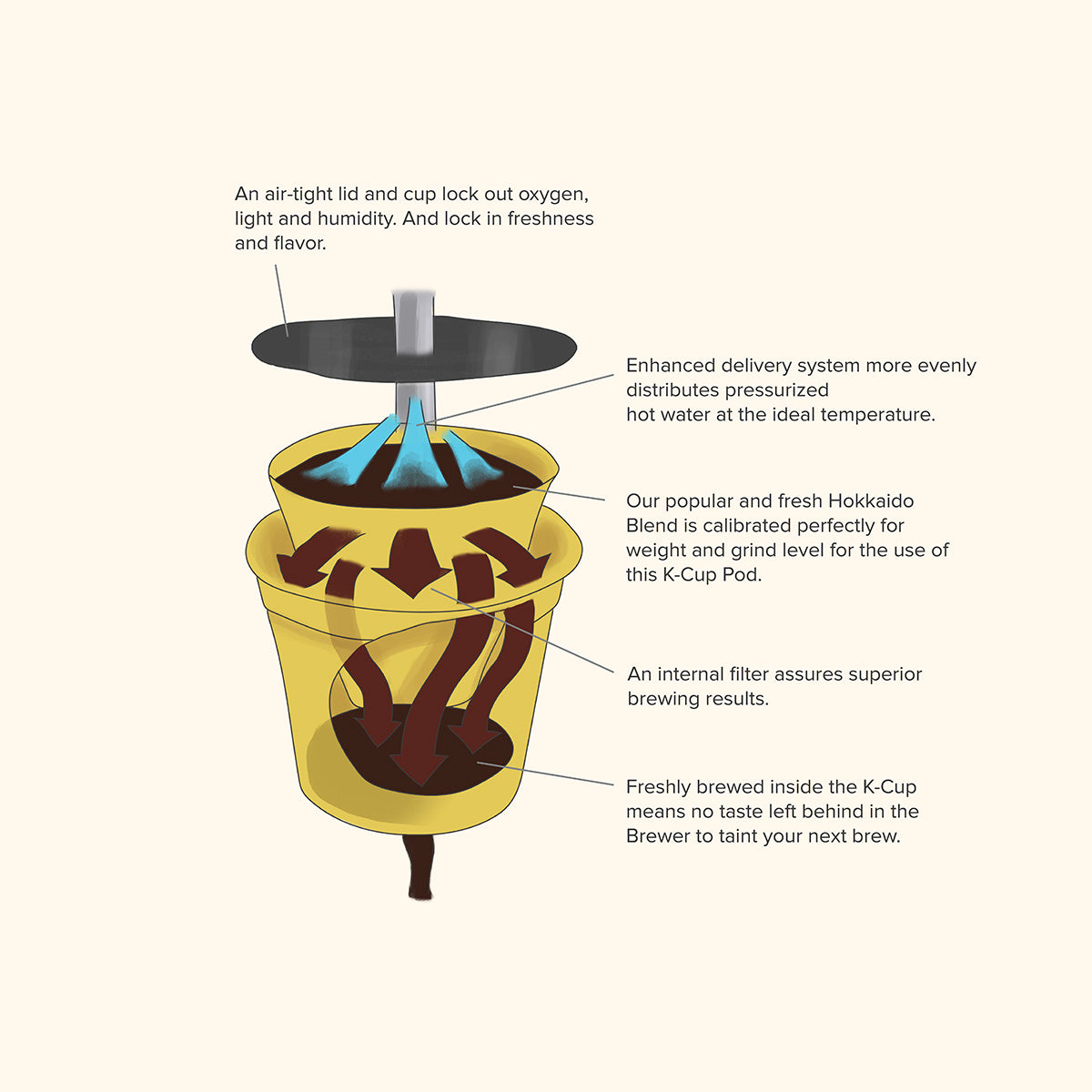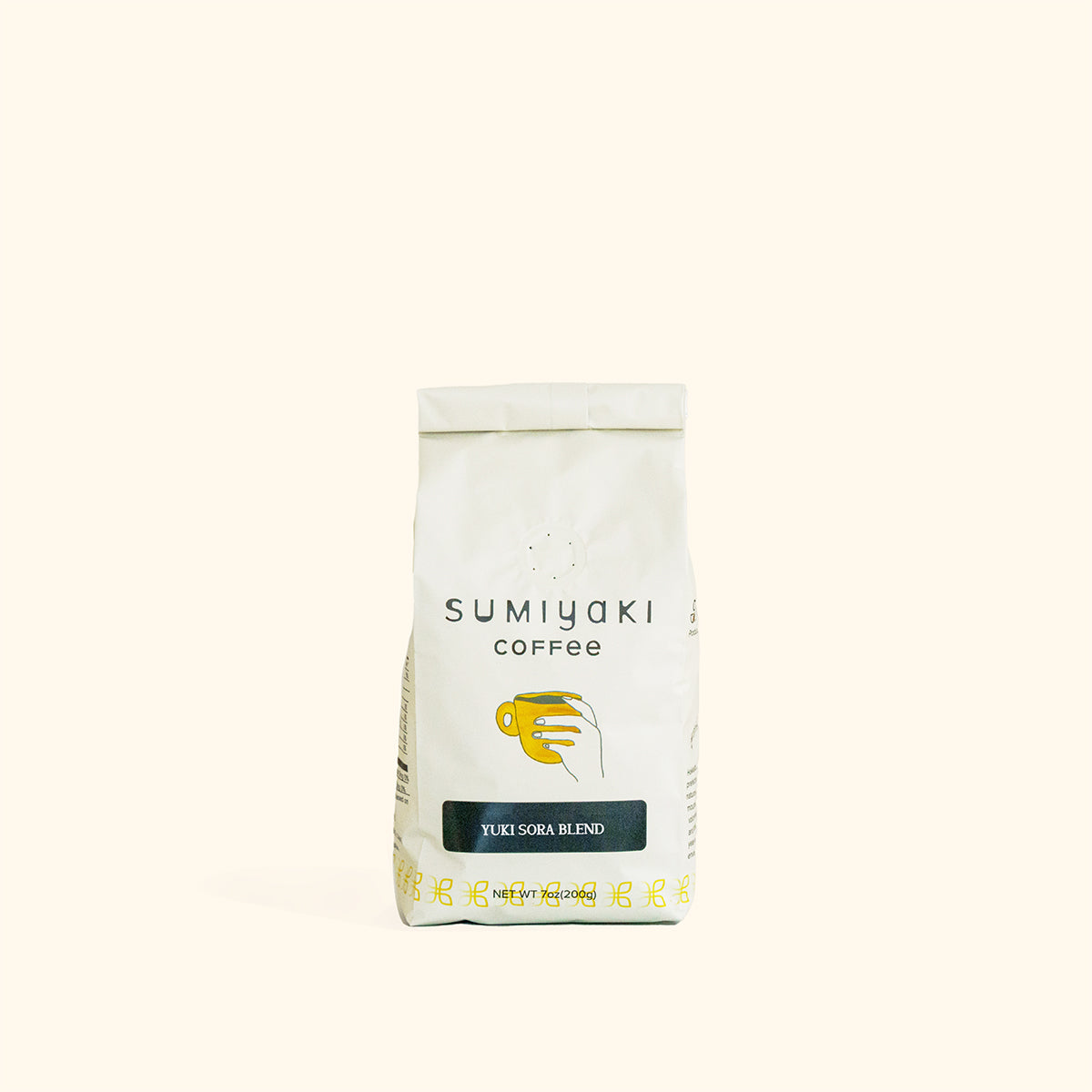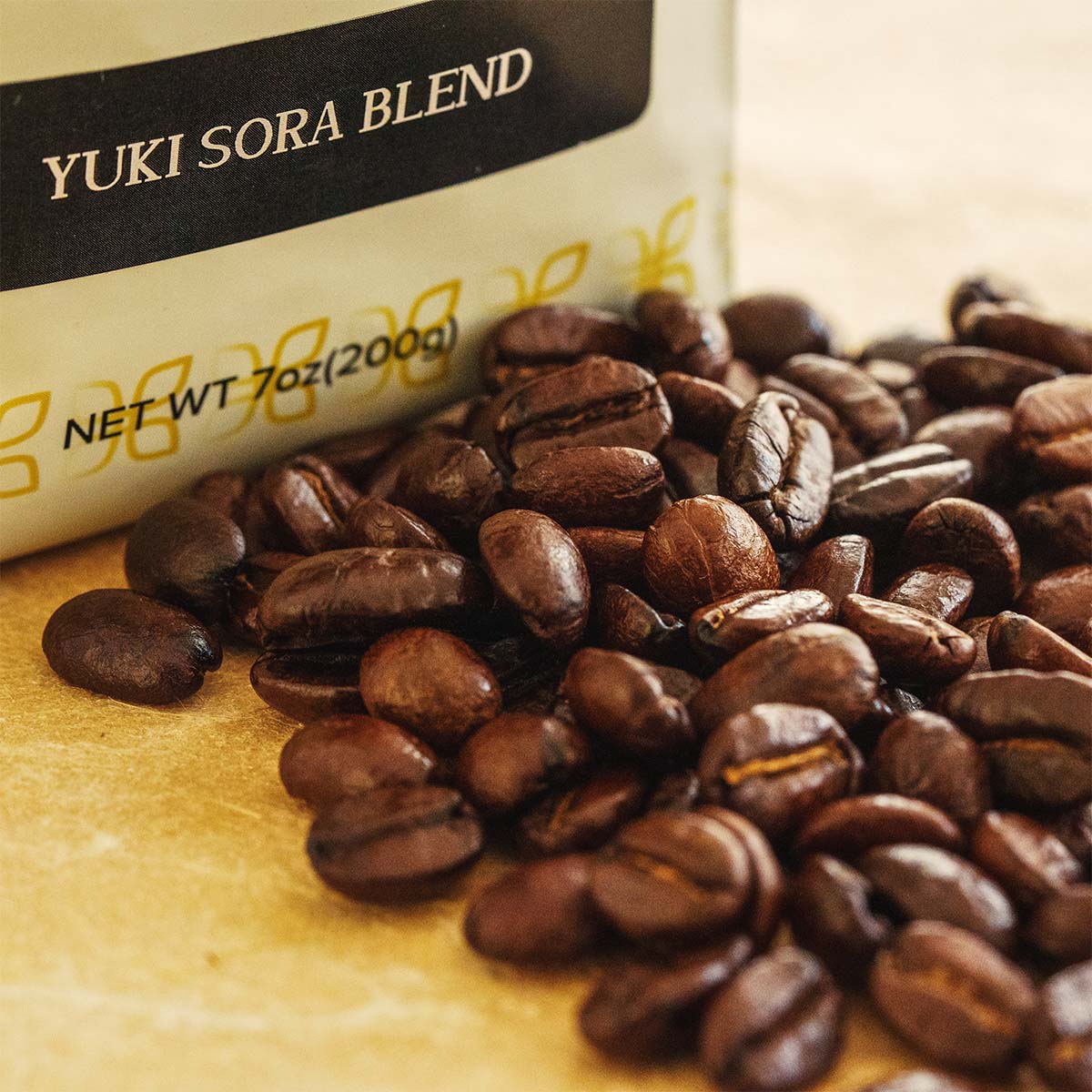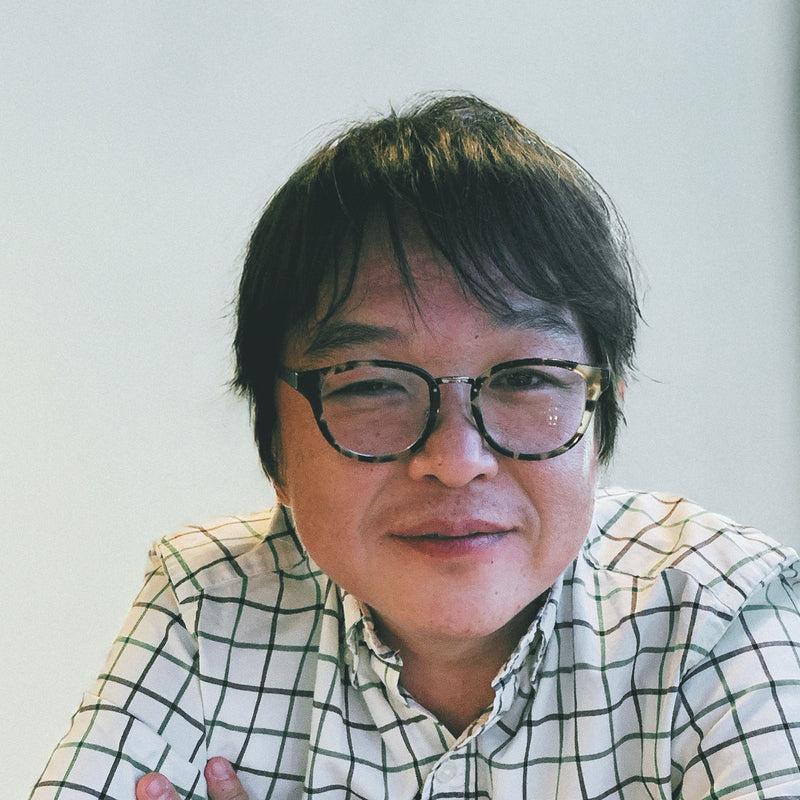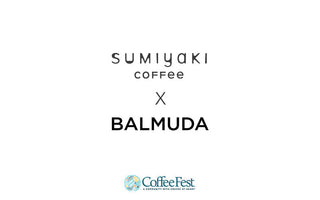Have you ever found yourself wandering through the market looking for certain stickers or stamps that assure you that the products you will buy have passed a certain quality and manufacturing standards? I bet we all have; when we go to the grocery store, it might be 'certified organic'; when it comes to wines, we might be looking for 'D.O.P..' Just like that, when it comes to coffee, some of the most famous certifications are 'Rainforest alliance,' 'Fair Trade U.S.A.,' etc. What about Japanese coffee? If you love Japanese coffee and coffee-related products, here is an excellent certification that can tell you that it is fair trade and is a product that you can purchase without having to worry about its quality – the mark provided by AJCFT.

AJCFT is short for 'All Japan Coffee Fair Trade Conference.' As the name implies, it is an association of Japanese Coffee companies that maintain, regulate, and provide certification for regular coffee (Coffee beans, ground coffee, etc.) and instant coffee. This association has been a prominent contributor to the Japanese coffee industry. Hence, I would like to discuss its importance, relation to coffee quality, and other questions you might have so that all of us can benefit from the knowledge when looking for Japanese coffee-related goods.
Who are the members of AJCFT?
The importance of AJCFT in the Japanese coffee industry is reflected by the big coffee names that constitute this association. Some of the members that a coffee fan might easily recognize are – U.C.C. (Ueshima Coffee Company), Doutor Coffee, Japan Specialty Coffee Association, and other prominent figures in the coffee world.
Birth of AJCFT – How was it formed?
During the 1970 – the 80s, the Japanese coffee industry felt the lack of labeling and certification for coffee-related products. This need was felt by the companies and consumers so strongly that the All Japan Coffee Association received a request to do something about the issue from even governing bodies of the Tokyo Metropolitan area. As a result, under the guidance of the Japanese Fair Trade Commission, the All Japan Coffee Association formulated rules and regulations for labeling coffee-related products. In this way, AJCFT (All Japan Coffee Fair Trade Conference) was established as a self-regulatory body on November 29th, 1991. Since then, this association has been working to prevent unfair practices within the coffee industry and promote ethical and standard manufacturing to flourish into a healthy industry.
The Fair Trade Mark on Japanese Coffee products – What it means & why is it important?
The Japanese Fair trademark for coffee products looks like this:
Image collected from: http://www.ajcft.org/mark/index.html
This mark can be found on both regular coffee (beans, etc.) as well as instant coffee. The moment you see this mark, you can trust this product as being sourced and manufactured following the fair-trade standards stipulated by AJCFT.
This fair trademark goes through a vigilant assessment every year to ensure that the standards are according to the evolving needs of the time. In addition, inspectors from AJCFT perform trial purchases and on-site inspections of factories and manufacturing areas to ensure that the products are being produced and packaged following the AJCFT standards.
Most essential points that are examined before issuing the label for a product:
- Quality check: Ingredients, safety, and hygiene are inspected in detail. Whether the ingredients displayed on the labeling are correct and accurate is also checked.
- Manufacturing facility: Manufacturing and processing of the product, such as the steps of the procedures, equipment of processing facilities, and hygiene practices followed by the staff, are also rigorously examined to see if they meet the standards.
- Display Standard: The display on the packaging is checked for misinformation, incorrect ingredients, over-wrapping, etc.
If a company is violating any of the rules, a written warning is sent to the company. In some cases, a company might be penalized as well. Not only that, AJCFT provides guidance and assistance to the company to help them to correct and improve their practices.
Conclusion
It might seem insignificant to be aware of certain marks and labels on the product we buy; we might tell ourselves, ‘What difference would it make for just one person to be aware of a label?’ But you would be surprised to know how much difference we can make when most of us start to be aware of these labels and opt for products that promote fair and healthy industry practices. After all, significant changes always accumulate many small steps and decisions. And it is no different for the coffee industry – let’s make the world of coffee better, together.
Get Free Bonus Books

Sign up for free to the Coffee Club to get advice and exclusive articles about how to choose Japanese Coffee, and tips, tricks, and recipes for enjoying Japanese coffee.
About the author
Kei Nishida
Author, CEO Dream of Japan
Certification: PMP, BS in Computer Science
Education: Western Washington University
Kei Nishida is a passionate Japanese tea and coffee connoisseur, writer, and the founder and CEO of Japanese Coffee Co. and Japanese Green Tea Co., both part of Dream of Japan.
His journey began with a mission to introduce the world to the unparalleled quality of Japanese green tea. Through Japanese Green Tea Co., he established the only company that sources premium tea grown in nutrient-rich sugarcane soil—an innovation that led to multiple Global Tea Champion awards.
Building on this success and his passion for Japanese craftsmanship, Kei expanded into the world of coffee, pioneering the launch of Japanese Coffee Co., the first company to bring Sumiyaki charcoal-roasted coffee to a global audience. His dedication to authenticity and quality ensures that this traditional Japanese roasting method, once a well-kept secret, is now enjoyed worldwide.
Beyond tea and coffee, Kei has also introduced Japan’s legendary craftsmanship to the world through Japanese Knife Co., making handmade katana-style knives—crafted by a renowned katana maker—available outside Japan for the first time.
Kei’s journey continues as he seeks out and shares the hidden treasures of Japan, one cup and one blade at a time.
Learn more about Kei


![Asa Tsuyu Blend [Light Blend] Coffee (Colombia, Brazil, Ethiopia)](http://japanesecoffeeco.com/cdn/shop/files/web-ready_Asa_Tsuyu_Blend_life-style.jpg?v=1754689231)
![Asa Tsuyu Blend Package [Light Blend] Coffee (Colombia, Brazil, Ethiopia)](http://japanesecoffeeco.com/cdn/shop/files/AsaTsuyuBlendpackage.jpg?v=1754689220)
![Asa Tsuyu Blend [Light Blend] Coffee Beans (Colombia, Brazil, Ethiopia)](http://japanesecoffeeco.com/cdn/shop/files/AsaTsuyuBlendcoffeebeans.jpg?v=1770838125)










